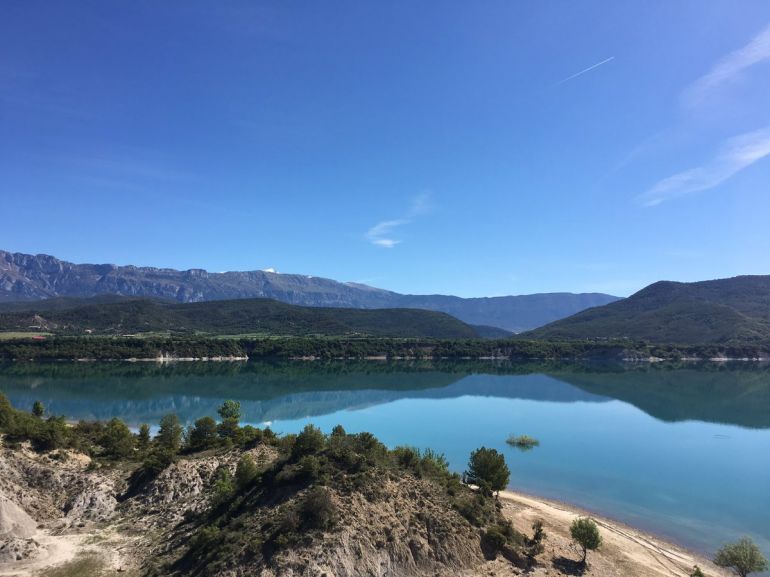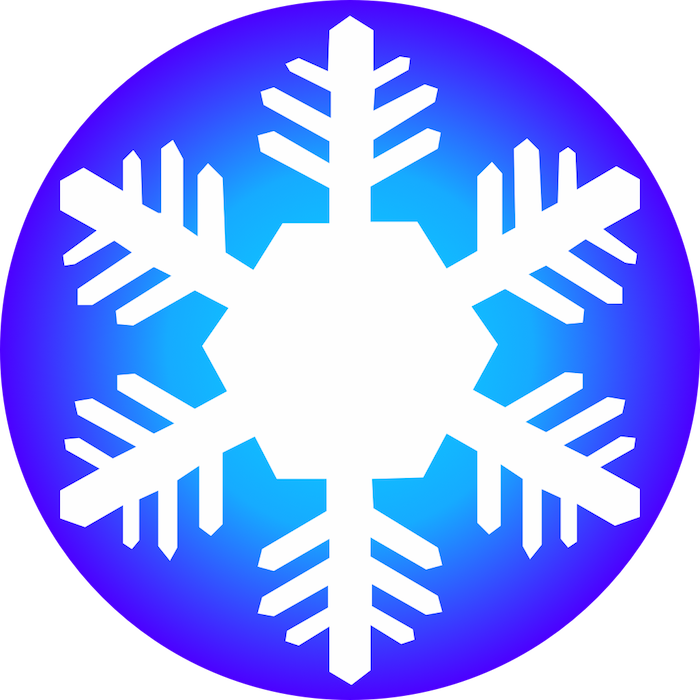PAGES Young Scientist Meeting 2017 In Morillo De Tou
Posted by Unknown in INQUA News & Events on 09 Aug 2017
In May the third PAGES Young Scientist Meeting took place in Morillo de Tou, Spain, and I joined ~80 early career scientist from over 20 countries to network, present our work, exchange ideas and find new friends. The meeting took place just before the PAGES Open Science Meeting in Zaragoza.

Morillo de Tou is a small village in the Pyrenees at the shores of the reservoir Embalse de Mediano and lend its quiet and idyllic atmosphere to the meeting. In this remote location participants shared their results in 20 oral presentations and 61 posters. The sessions covered a wide range of Palaeo-research from “Climate system dynamics”, “Abrupt changes and threshold responses” to novel modelling approaches and much more. I want to highlight two contributions I saw during the meeting. One was a talk by Brendan Reilly on the “Holocene Activity of the Petermann Glacial System”, presenting the results of an expedition to the Greenland in 2015. Large calving events of the Petermann Ice tongue in the past 7 years seem unprecedented in context of the limited historical record. Sediment cores were taken under the floating ice sheet of the Petermann glacier and provided a record of the changes in the glacial system during the last Holocene. XRF-scanning data as well as magnetic measurements were used to reconstruct at least two significant grounding line retreats in the Holocene that were followed by late Holocene growth.
The second was a Poster by Jessie Pearl on “Common Era climate reconstructions from the northeastern United States” in which she detailed temperature reconstructions from Atlantic White Cedar tree ring chronologies. The reconstruction is based on the different moisture and temperature responses of tree ring growth of white cedar for northeastern United States from Massachusetts to Maine. Her reconstructions are reproducing decadal scale variability associated with warming from the 1920s through 1940s, cooling in the region from the 1940s until the 1960s, and warming since that time. The importance of consistent hydrology was also highlighted in her work, trees from sites in areas with stable hydrological regimes resulted in more accurate reconstructions.
Another focus of the meeting were topics important for early career researchers. In three workshops senior scientists, research council members and publishers elaborated their work covering the topics Funding, Science Communication and Data Sharing. They lend their expertise to answer any questions on the writing of grands or effective science communication. In breakout groups, these three topics together with “Research priorities for Palaeo” and “No Professorship – Life outside Academia” were further discussed. During the breakout groups and the closing plenum I felt that especially the latter topic “Life outside Academia” provoked the most engaged discussions and conversations. Much has been written about the lack of positions in research for the number of graduating PhD and you could feel the desire of many YSM participants to learn more about options outside of the conventional career path in academia. For some the desire of more stability in their family life is the main motivator in considering against a career in science, while others realized during the PhDs that teaching and more applied science is their passion. We heard from former PhDs choosing to pursue careers in data analysis, consulting or entrepreneurship and their transitions out of Academia. One common desire at the end of the session was to highlight these alternative career paths more and make them an integral part of the next Young Scientist Meeting. The need for an ECR group within PAGES was discussed and networking to researchers that left academia was identified as one key task this group could fulfill.
In my opinion the most successful accomplishment of YSM 2017 was bringing so many different young scientists from all over the world together. I have met countless interesting people with fascinating research during these days in Morillo that I look forward to seeing at future conferences and follow their work. The meeting offered a great opportunity for me in my first year as a PhD to meet new friends and future collaborators sparked new ideas during the long discussion in the evening, while stargazing, drinking and listening to local folk music.




